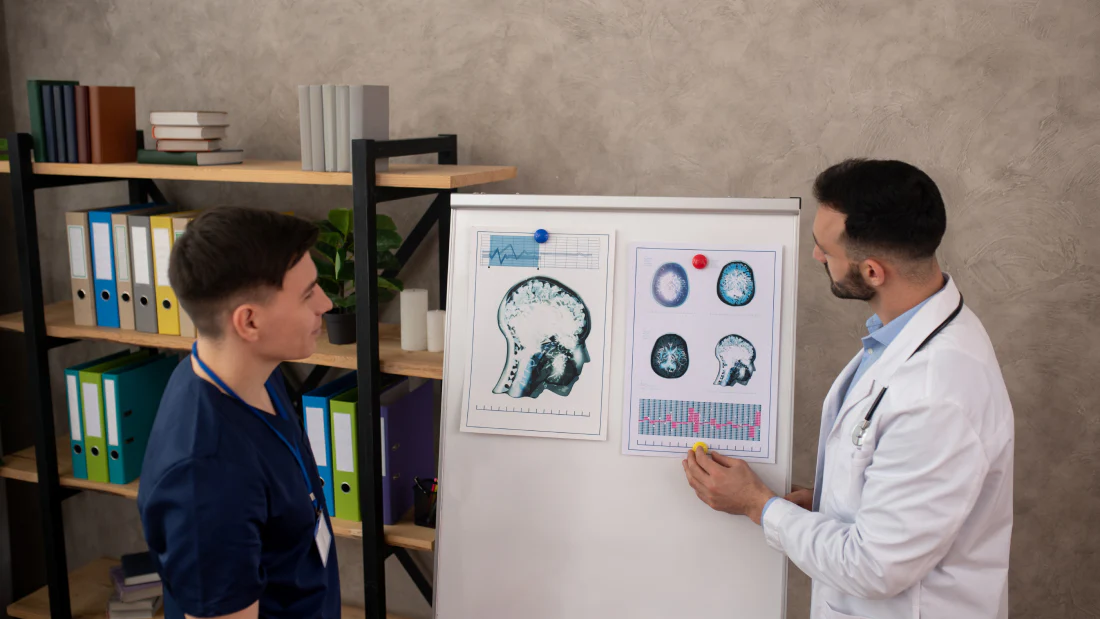
How to Become a High Ticket Closer: Strategies, Skills, and Career Opportunities
What is a High Ticket Closer?
A high ticket closer is a professional sales expert who specializes in converting leads into clients for high-value products or services. Unlike traditional sales roles, high ticket closers focus on deals that often involve thousands of dollars, making their ability to influence, persuade, and build trust crucial. These professionals work closely with potential clients to understand their needs, demonstrate value, and guide them through complex purchasing decisions. High ticket closing is not just about selling; it requires understanding the psychology of buying and creating personalized solutions that resonate with the client. Many businesses rely on high ticket closers to significantly increase revenue, especially in industries like coaching, software, real estate, and luxury services. The role can be performed independently, in-house, or even remotely, offering flexibility for professionals seeking freedom in their career. By mastering the art of high ticket closing, sales professionals position themselves as indispensable assets to any organization.
Skills Required to Excel as a High Ticket Closer
Becoming a successful high ticket closer requires a combination of hard and soft skills that work together to create consistent sales results. Exceptional communication is essential, as closers must articulate the value of a product in a compelling and relatable way. Active listening allows them to understand a client’s pain points, goals, and motivations, enabling a tailored approach. Emotional intelligence is critical in navigating sensitive conversations, managing objections, and establishing trust. Negotiation skills help high ticket closers craft deals that satisfy both the client and the business. Self-motivation and time management are also vital, especially for freelancers or remote closers managing multiple prospects. High ticket closers must remain adaptable, thinking on their feet to respond to unexpected questions or challenges during the sales process. Consistently refining these skills is the difference between an average salesperson and a top-performing high ticket closer.
Training and Certification for High Ticket Closers
Training and certification programs provide structured guidance to develop the competencies required for closing high-value deals. Many online courses and workshops teach the step-by-step methods used by successful closers, including lead qualification, pitch construction, and objection handling. Certification programs add credibility, signaling to potential employers or clients that a closer has received professional training. Learning from industry experts allows newcomers to adopt strategies that have been tested in real-world scenarios, saving time and reducing trial-and-error mistakes. Training programs also emphasize role-playing and practical exercises, helping participants gain confidence in handling high-pressure conversations. By participating in these programs, aspiring closers gain a deeper understanding of client psychology, advanced closing techniques, and sales frameworks that consistently produce results. The investment in formal education is often offset quickly by increased commission opportunities and faster career advancement.
High Ticket Closer Strategies That Work
Effective high ticket closers rely on proven strategies to convert leads into paying clients consistently. First, identifying and qualifying the right prospects ensures that effort is focused on those with genuine interest and purchasing power. Structuring sales presentations around the client’s goals and challenges highlights the product’s value and relevance. Following up consistently and strategically maintains engagement without appearing pushy. Leveraging technology, such as customer relationship management (CRM) systems, streamlines follow-ups and tracks communication. Building trust is crucial, and this often involves providing valuable insights, addressing concerns honestly, and demonstrating expertise. Closers must also handle objections gracefully, turning potential roadblocks into opportunities to reinforce value. Incorporating these strategies consistently separates highly successful closers from those who struggle to close high-ticket deals.
Skills Enhancement Tools for High Ticket Closers
Continuous improvement is essential for sustaining success as a high ticket closer. Several tools and resources can help enhance skills and efficiency:
- CRM software for tracking leads and automating follow-ups
- Sales scripts and templates for high-ticket deals
- Online courses and workshops on negotiation and persuasion
- Podcasts and books featuring top-performing sales professionals
- Networking with high ticket sales communities to share insights and tactics
These resources provide both knowledge and practical frameworks that can be directly applied to real-world sales scenarios. By integrating these tools, closers reduce the likelihood of missed opportunities and improve conversion rates. Staying updated with industry trends ensures that a high ticket closer remains competitive in rapidly evolving markets.
Common Challenges and How to Overcome Them
High ticket closing comes with unique challenges that require resilience, creativity, and strategic thinking. Handling objections without damaging client relationships is one of the most common difficulties. Rejection is inevitable, and maintaining motivation requires a growth mindset and focus on long-term goals. Long sales cycles for high-value products can test patience, making consistent follow-up and nurturing relationships essential. Adapting sales strategies to different industries or client types ensures that messaging resonates with each prospect. Time management becomes critical when managing multiple high-ticket leads simultaneously. Overcoming these challenges often involves practice, mentorship, and continuous self-reflection to identify areas of improvement. Closers who persistently refine their approach while maintaining professionalism tend to achieve the highest levels of success.
Career Opportunities and Earning Potential
The role of a high ticket closer offers diverse career opportunities and attractive earning potential. Professionals can choose to work in-house for corporations, operate as independent freelancers, or join agencies that specialize in high-value sales. Industries such as coaching, luxury real estate, software, digital marketing, and finance often pay top dollar for skilled closers. Earnings vary depending on experience, industry, and deal size, with many high ticket closers earning substantial commissions or performance-based bonuses. Growth paths may include sales leadership positions, high ticket coaching roles, or consulting for businesses looking to optimize their sales processes. The flexibility and high earning potential make this career especially appealing to ambitious sales professionals. Additionally, experienced closers often build networks that provide access to premium clients and repeat opportunities, further increasing income possibilities.
Frequently Asked Questions (FAQ)
- What is the difference between a regular sales rep and a high ticket closer? A high ticket closer focuses exclusively on converting leads for high-value products, requiring advanced persuasion, negotiation, and relationship-building skills compared to regular sales reps.
- Do you need prior sales experience to become a high ticket closer? While prior experience helps, formal training and certification programs can equip newcomers with the necessary skills to start closing high-value deals effectively.
- How long does it take to become proficient in closing high-value deals? Proficiency varies by individual, but dedicated training, consistent practice, and hands-on experience often produce measurable results within a few months.
- Can high ticket closing be done remotely? Yes, many high ticket closers operate fully remotely using video calls, CRM systems, and digital communication tools to engage clients.
- What industries pay the highest for high ticket closers? Industries such as coaching, luxury real estate, software and technology, digital marketing, and finance often offer the highest earning potential for skilled closers.
Takeaway
Becoming a high ticket closer is a rewarding career path that combines strategy, skill, and relationship-building to secure high-value sales. Mastering the necessary communication, negotiation, and emotional intelligence skills is essential for long-term success. Formal training, practical strategies, and consistent practice enhance your ability to close deals efficiently while building trust with clients. With diverse career opportunities, high earning potential, and the option to work remotely or independently, high ticket closing offers both flexibility and professional growth. By investing in skill development, leveraging tools, and embracing challenges as opportunities, aspiring closers can position themselves as invaluable assets in the world of high-value sales.


